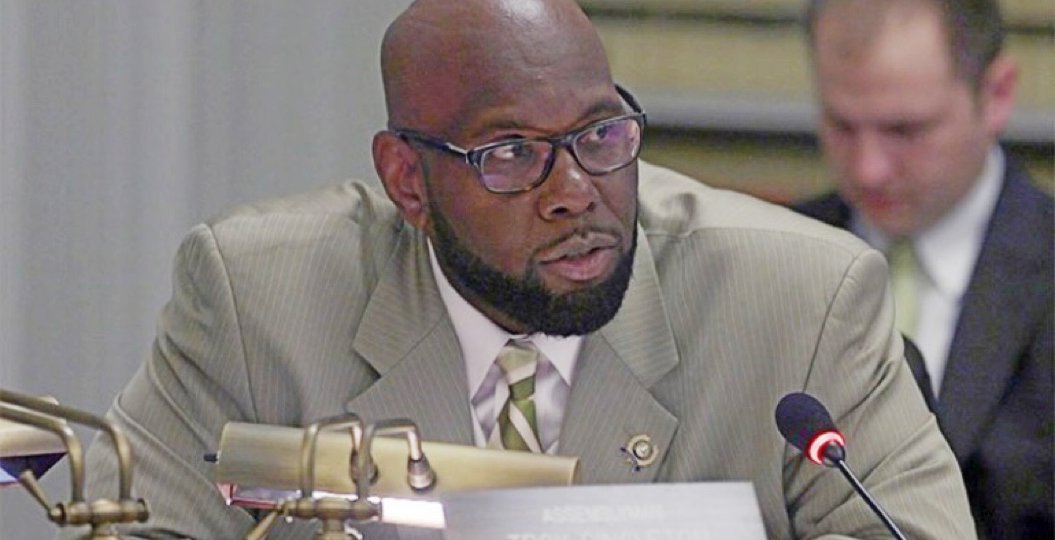
TRENTON – Legislation sponsored by Senator Troy Singleton and Senator Christopher Bateman that would prohibit the sale of food and beverages in Styrofoam food containers by public schools and public institutions of higher education was voted out of the Senate today.
“Ultimately, the goal of this legislation is to create a more sustainable environment,” said Senator Singleton (D-Burlington). “By banning Styrofoam in our public schools and colleges, we are safeguarding our children and showing that biodegradable and recyclable products are smarter, wiser choices.”
“And, the genesis of the legislation is as important as its intent,” said Singleton. “Students at Charles Street School in Palmyra proposed this idea to me. I hope that this bill continues to progress as we demonstrate how a common-sense idea, born in one Burlington County school, can become a statewide law applicable to all public schools.”
The bill, S-1486, would require every public school and public institution of higher education to ensure that no food or beverage packaged or contained in a Styrofoam (also known as expanded polystyrene) food container is sold, offered for sale or otherwise provided in the school or institution.
An “expanded polystyrene food container” is defined in the bill as a container, plate, hot or cold beverage cup, tray, carton, or other product made of expanded polystyrene and used for selling or providing a food or beverage. The prohibition would not apply to any food or beverage that was filled and sealed in an expanded polystyrene food container before a school or public institution of higher education received it.
Expanded polystyrene containers have led to environmental issues. They create high levels of waste pollution due to not being bio-degradable. Polystyrene containers also have a difficult time being recycled due to the lack of facilities that recycle Styrofoam or other related materials.
The bill was voted out of the Senate by a vote of 37-1, and next heads to the Assembly for further consideration.

